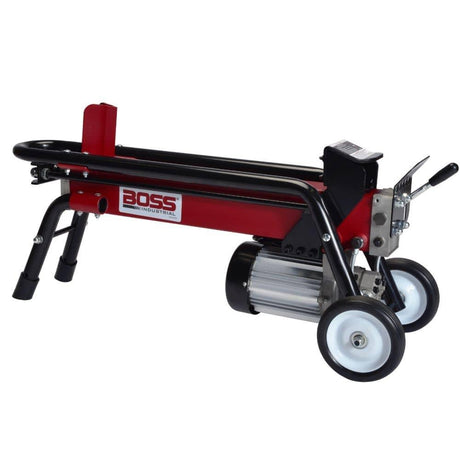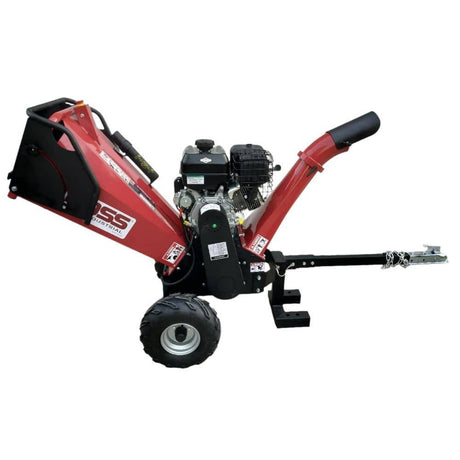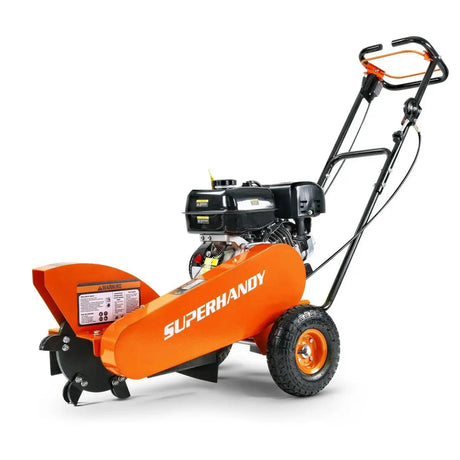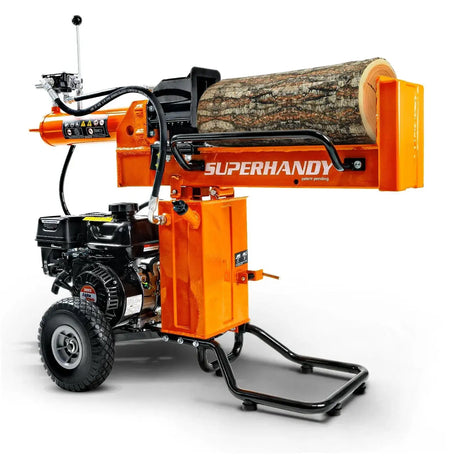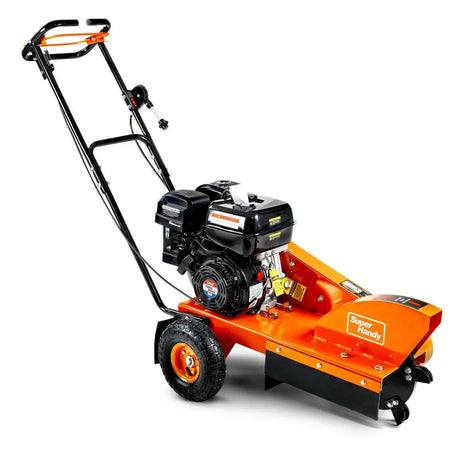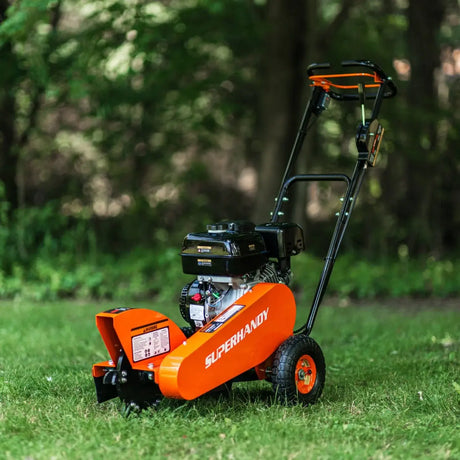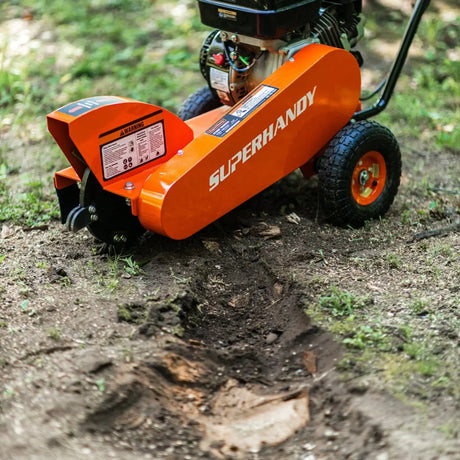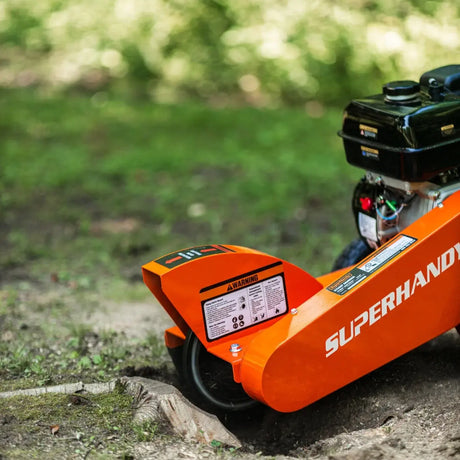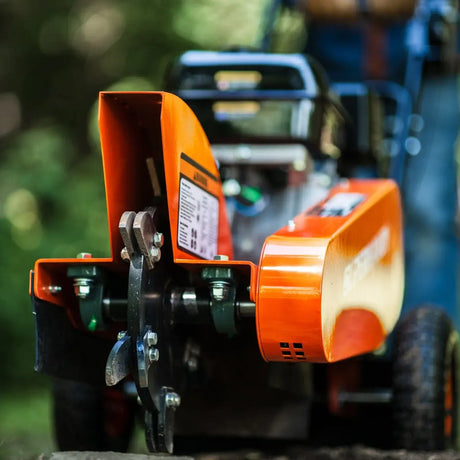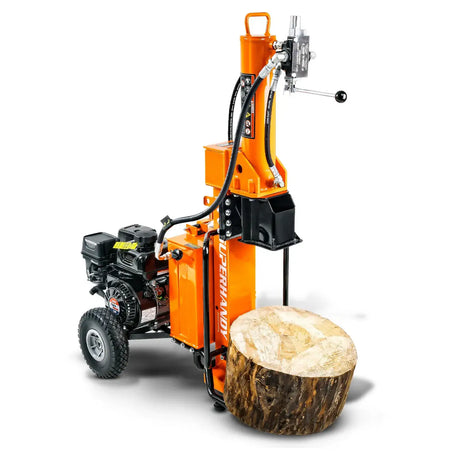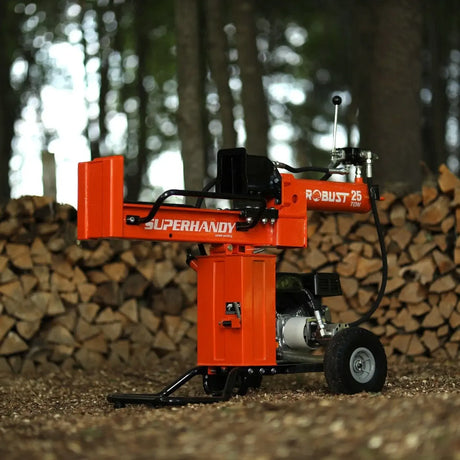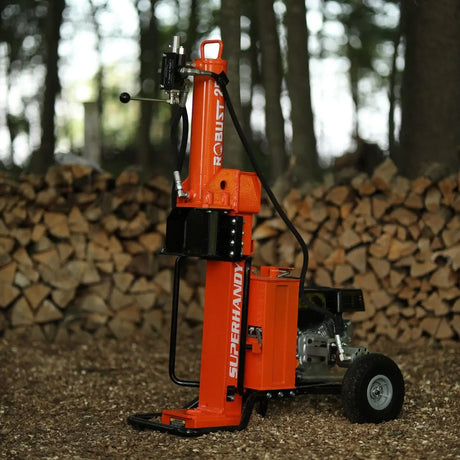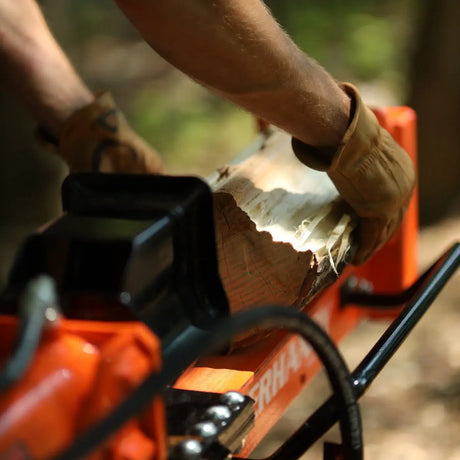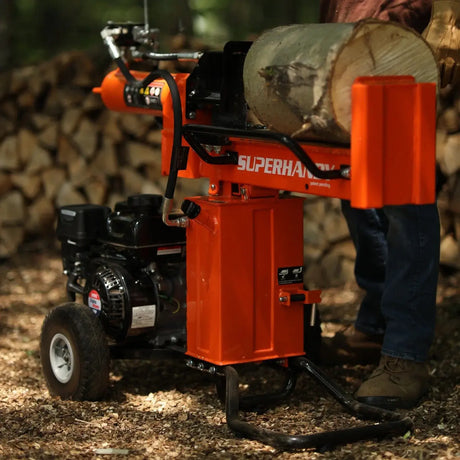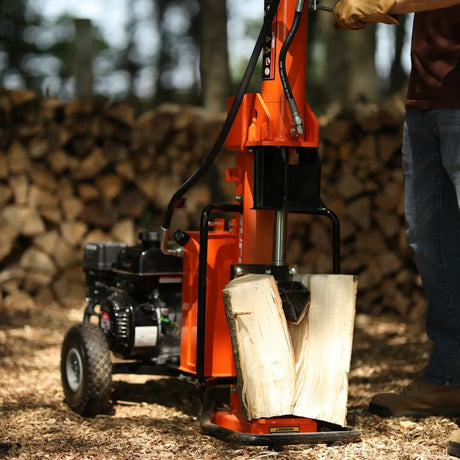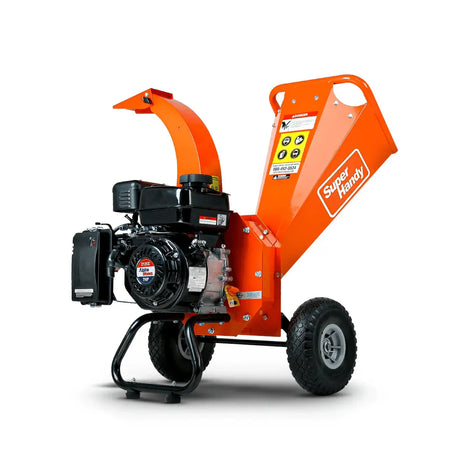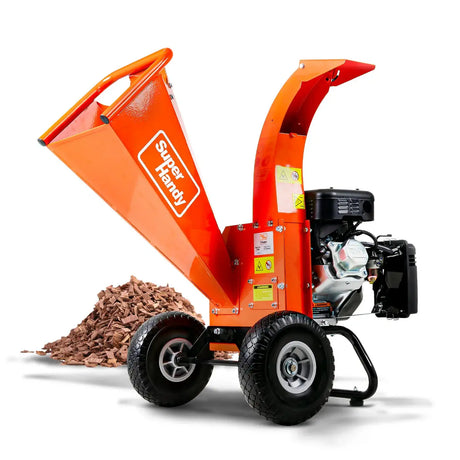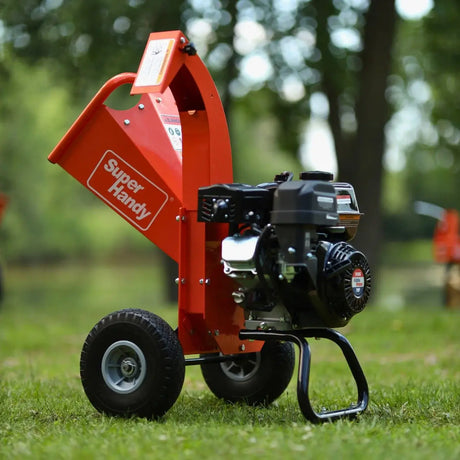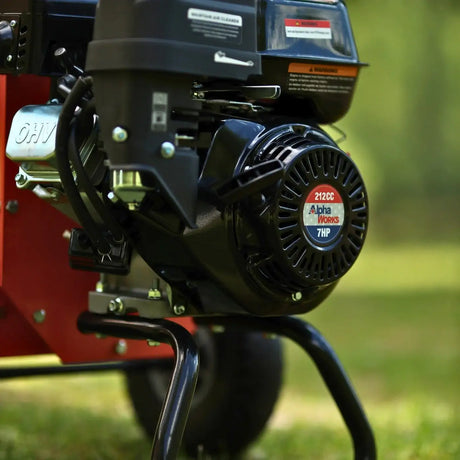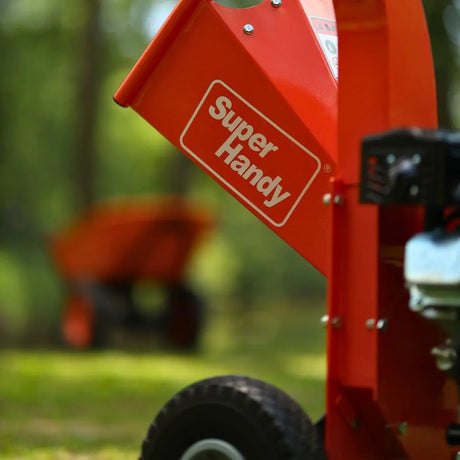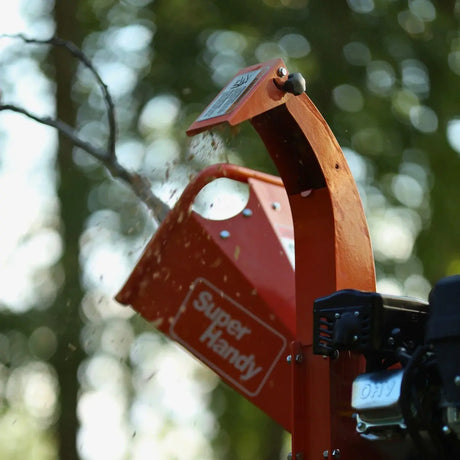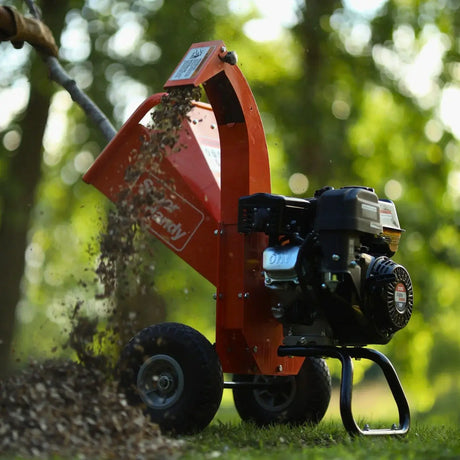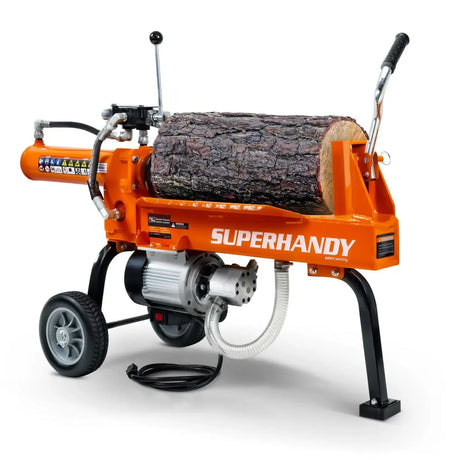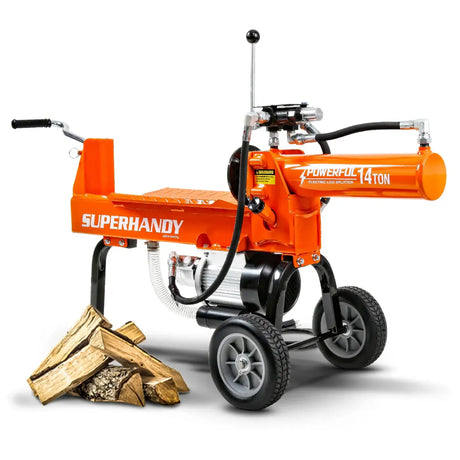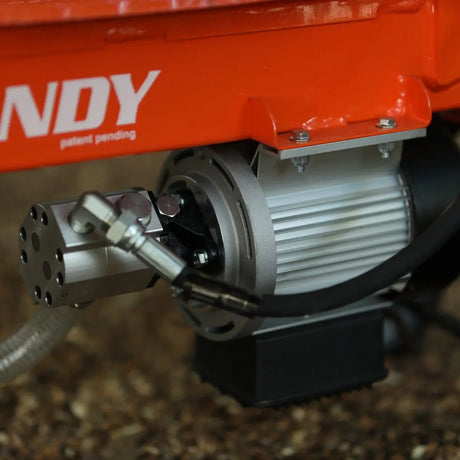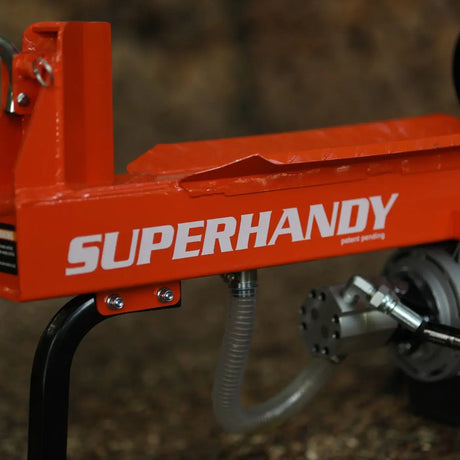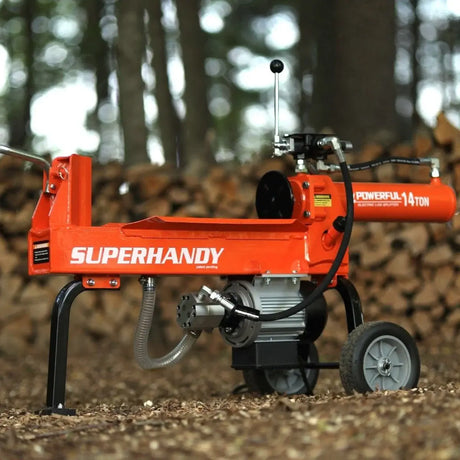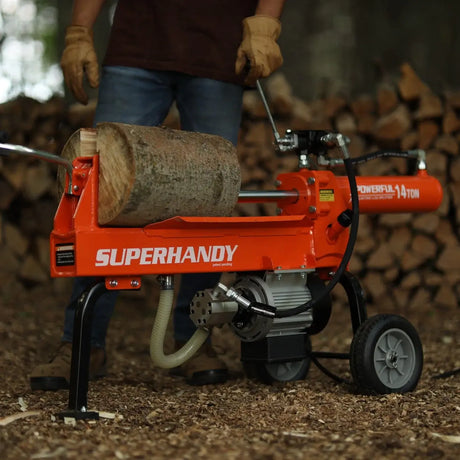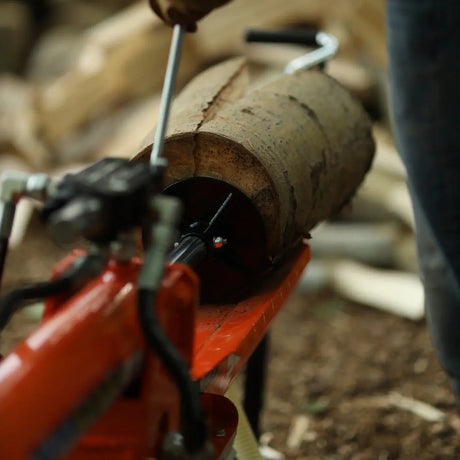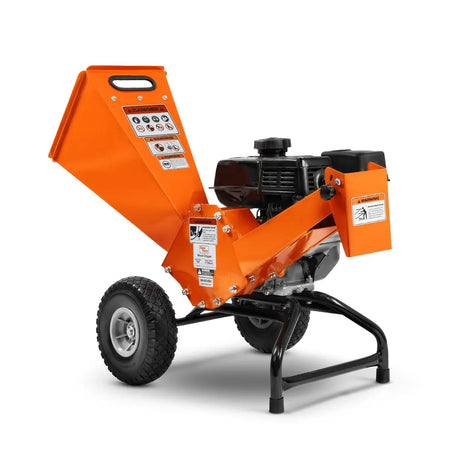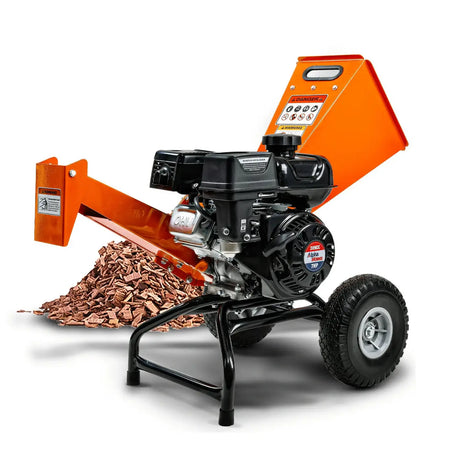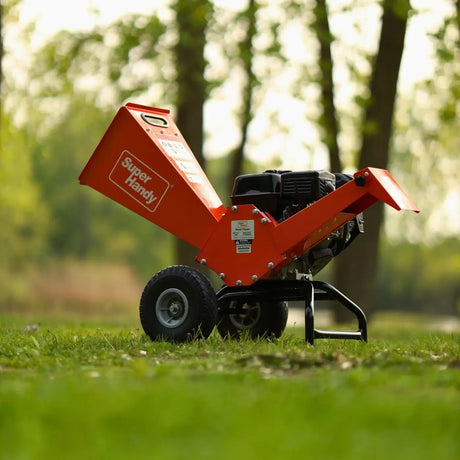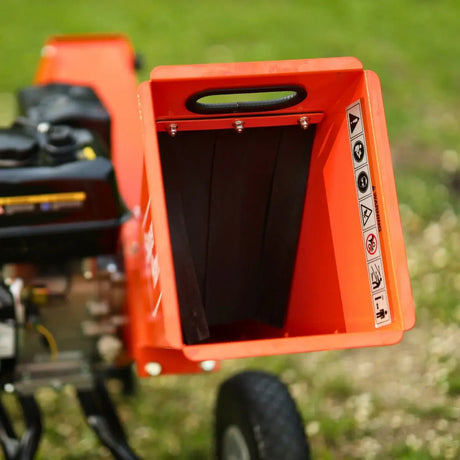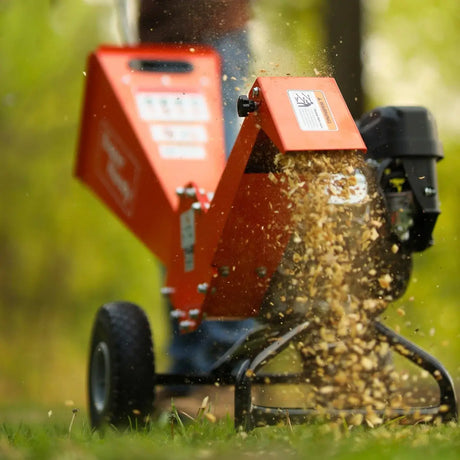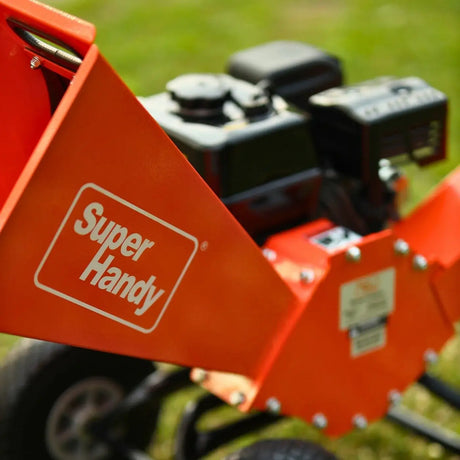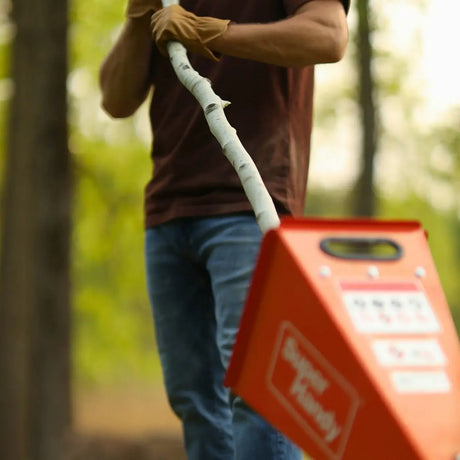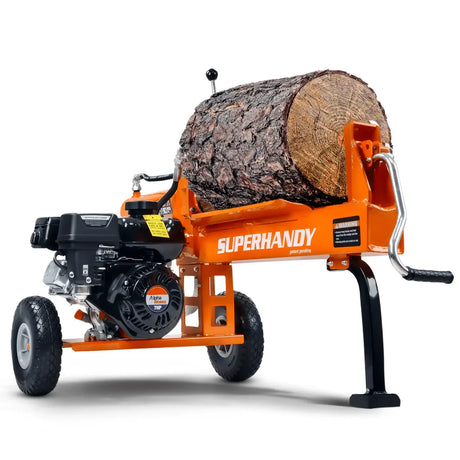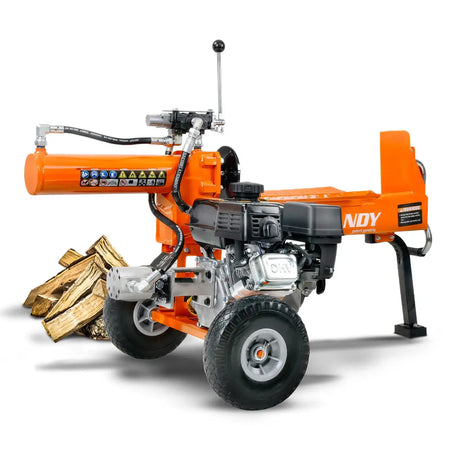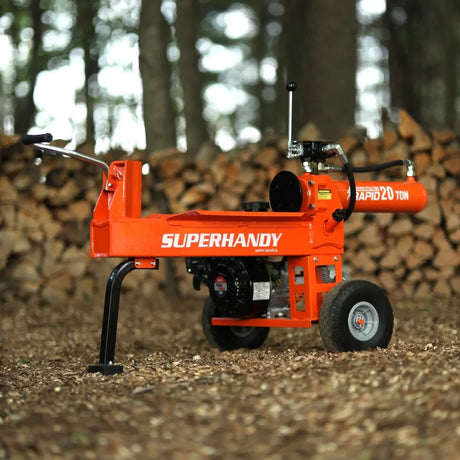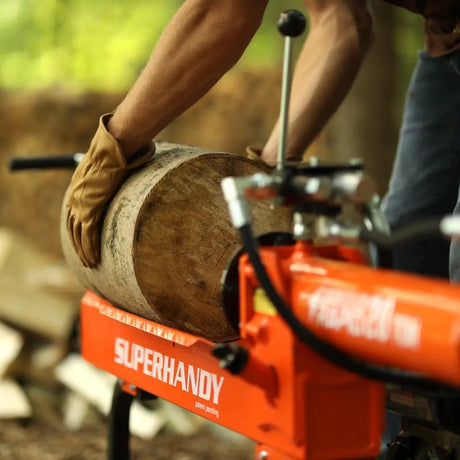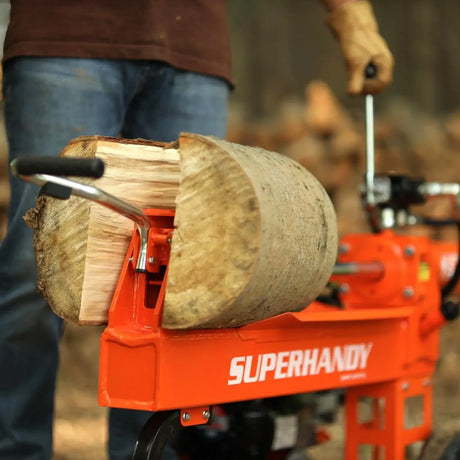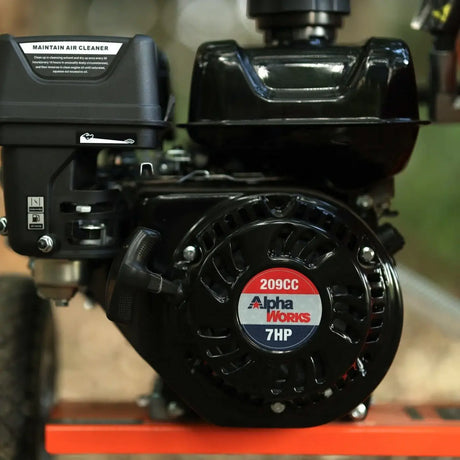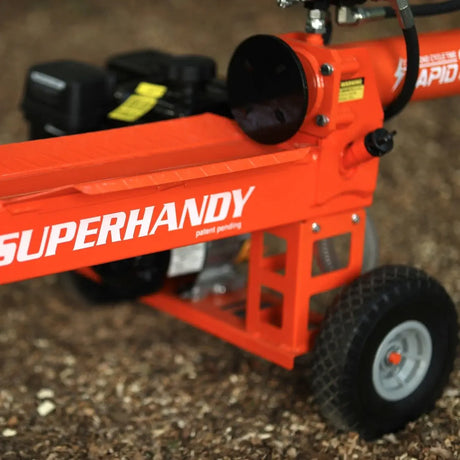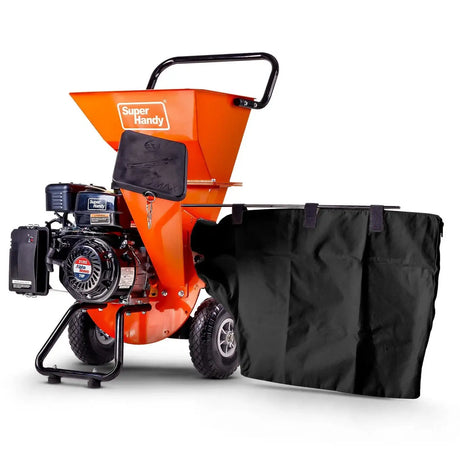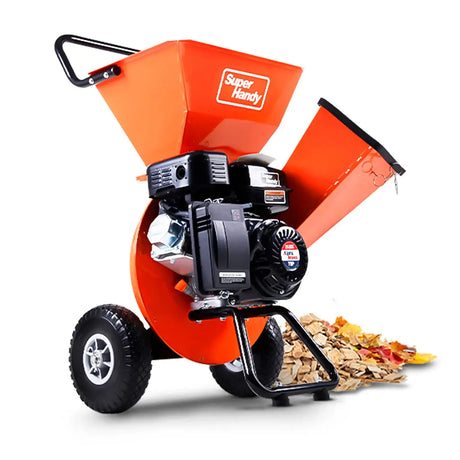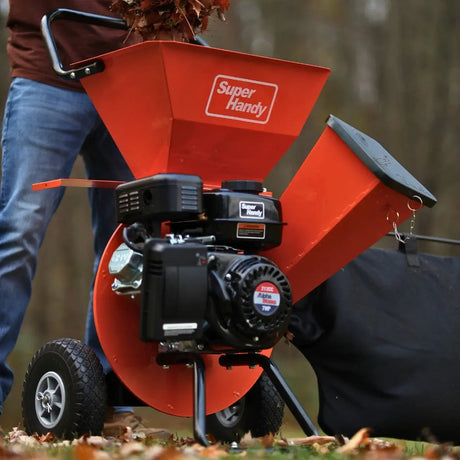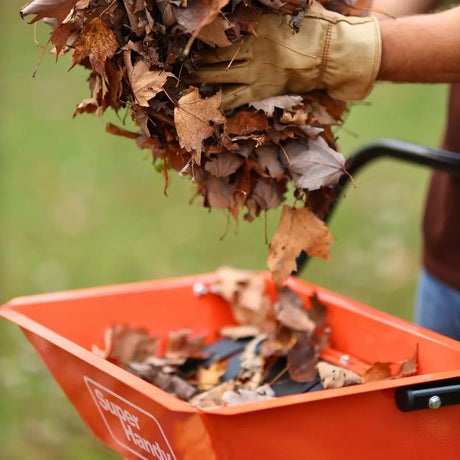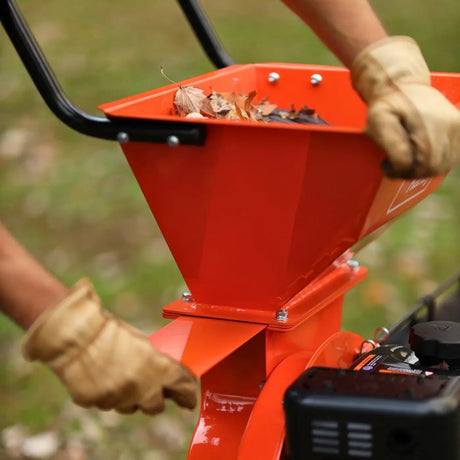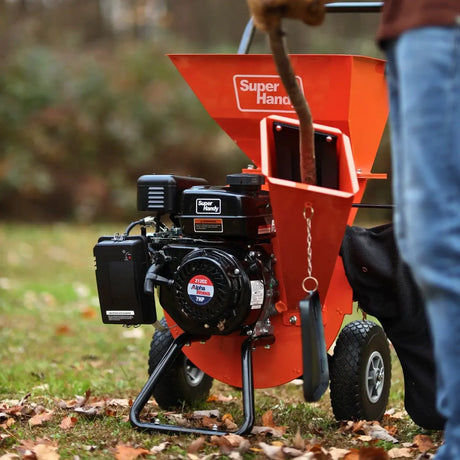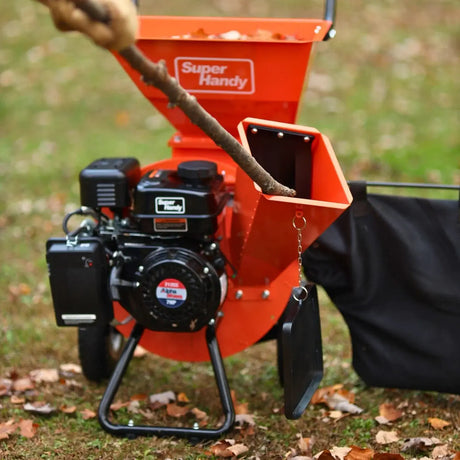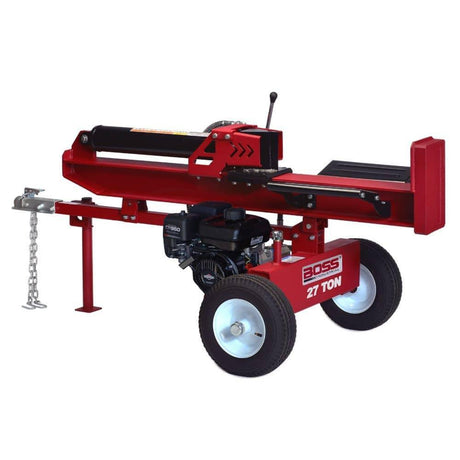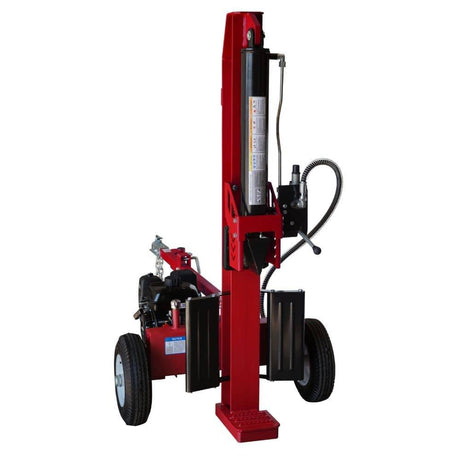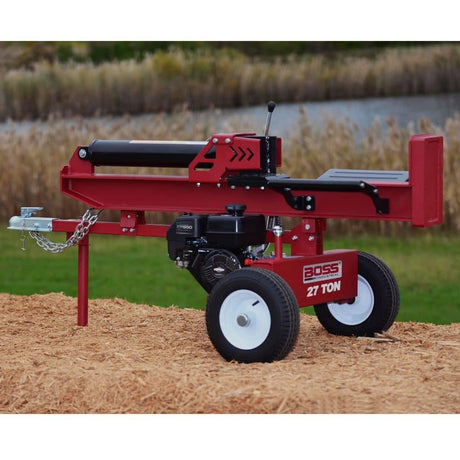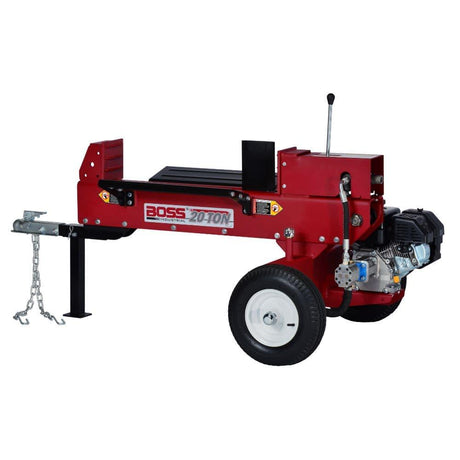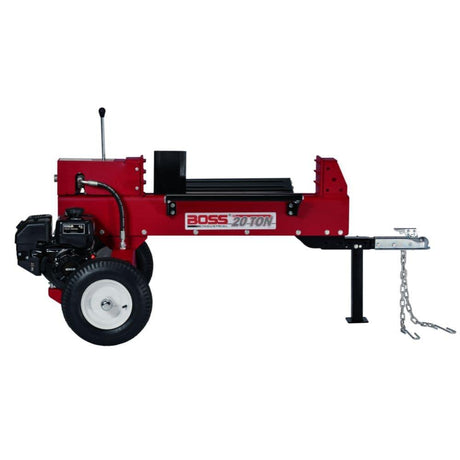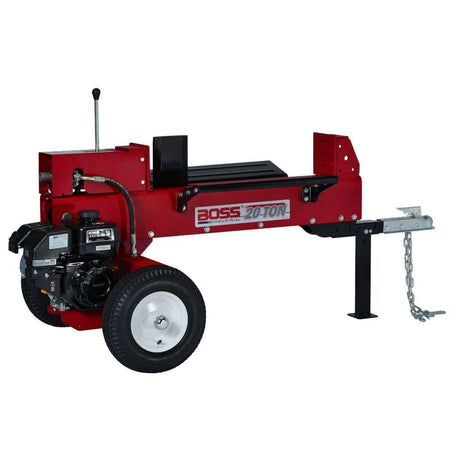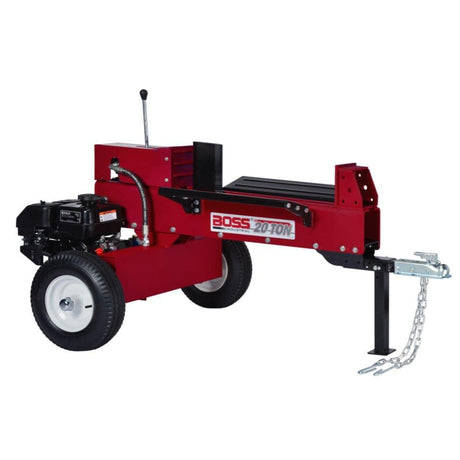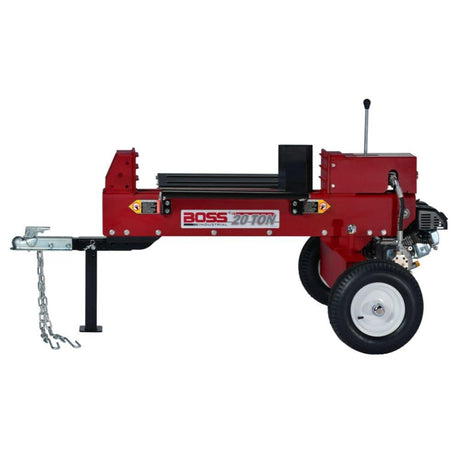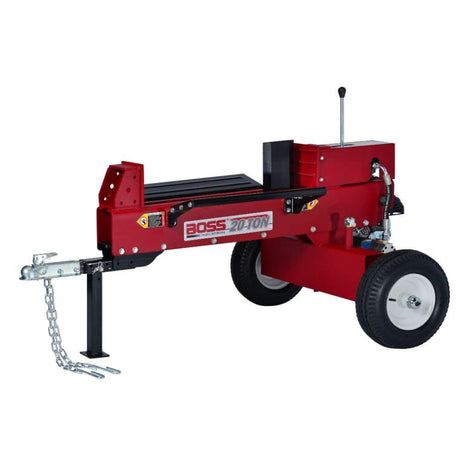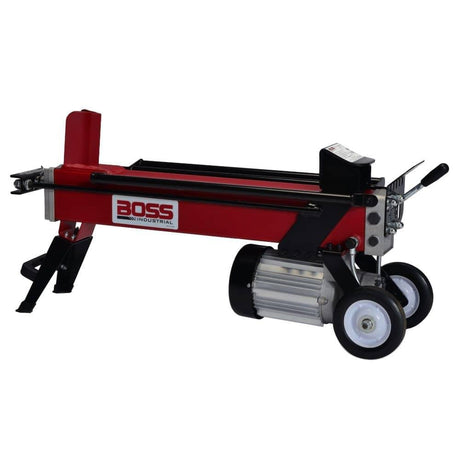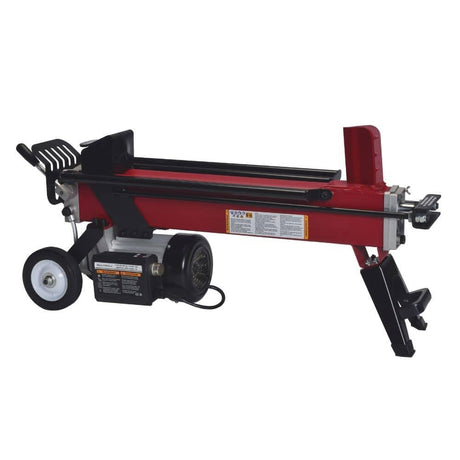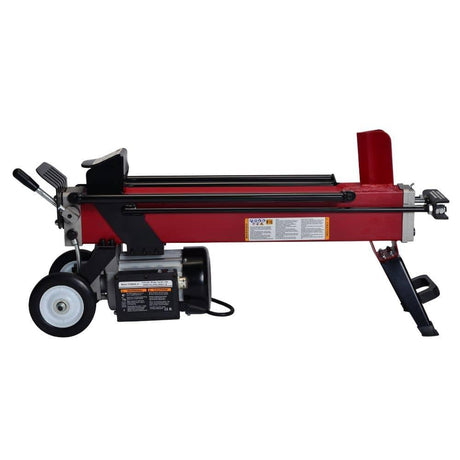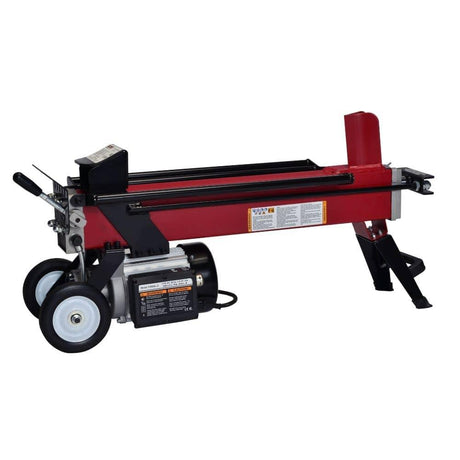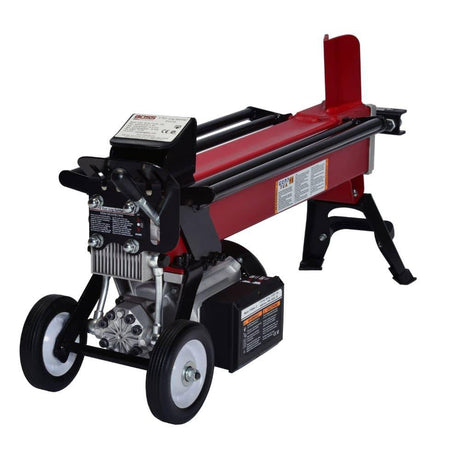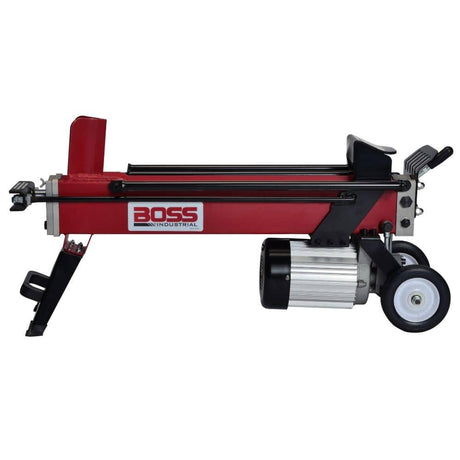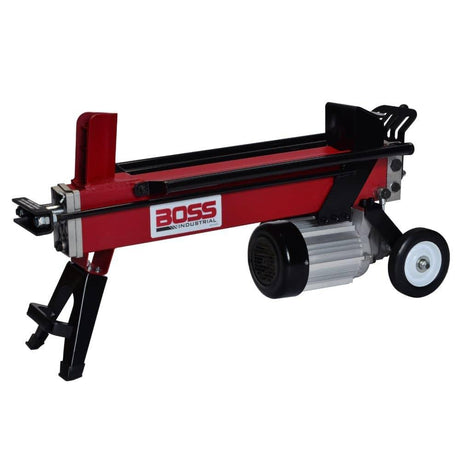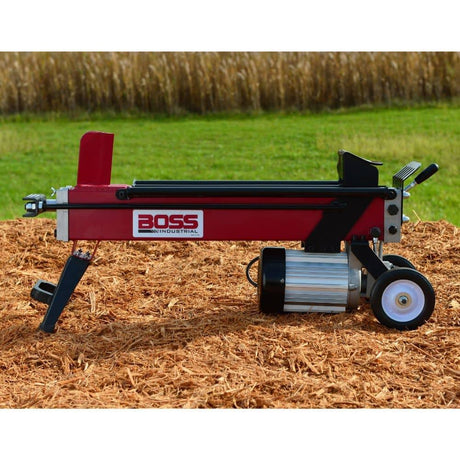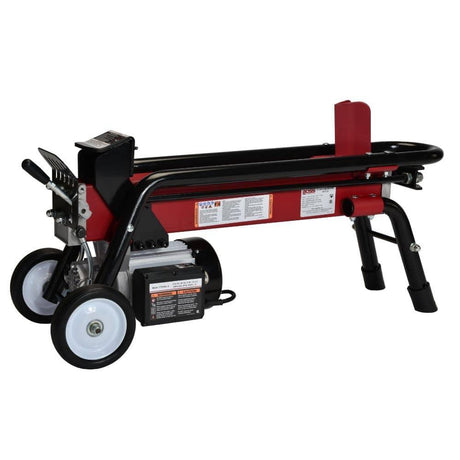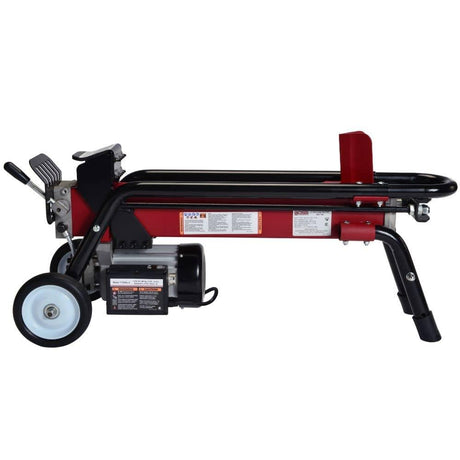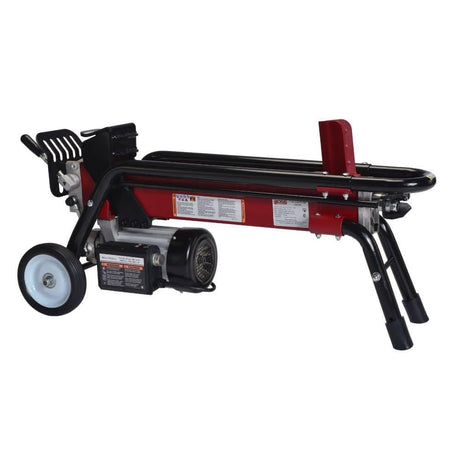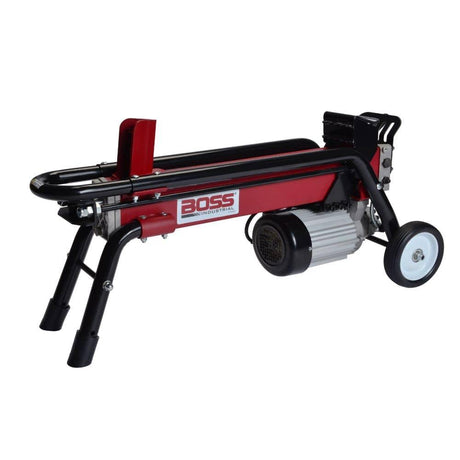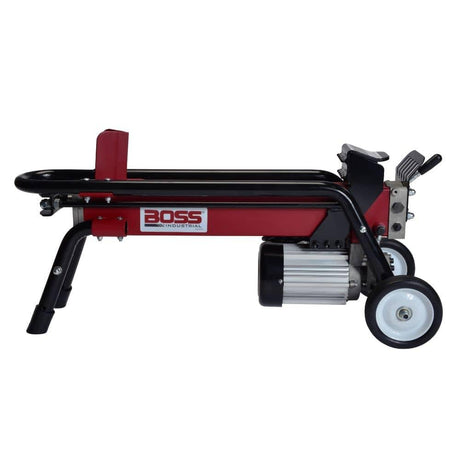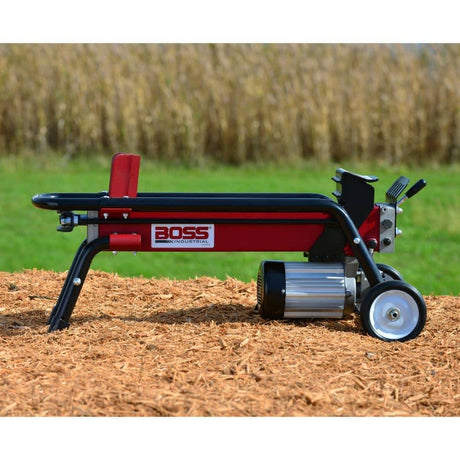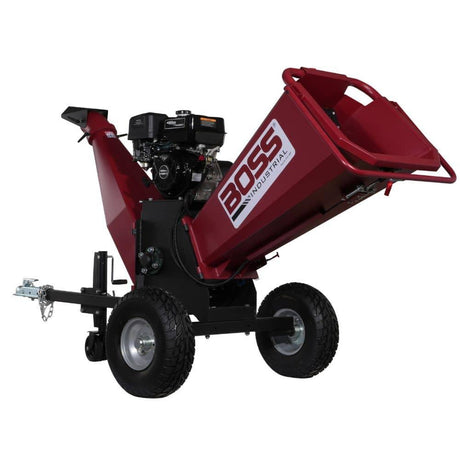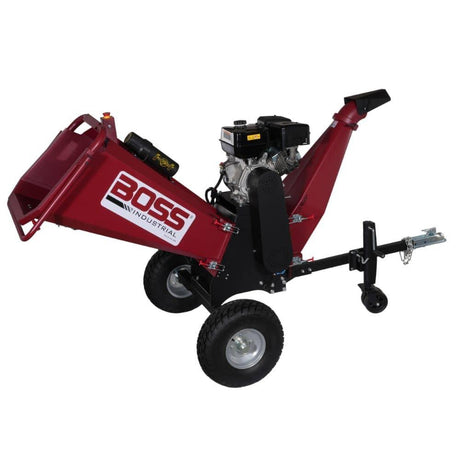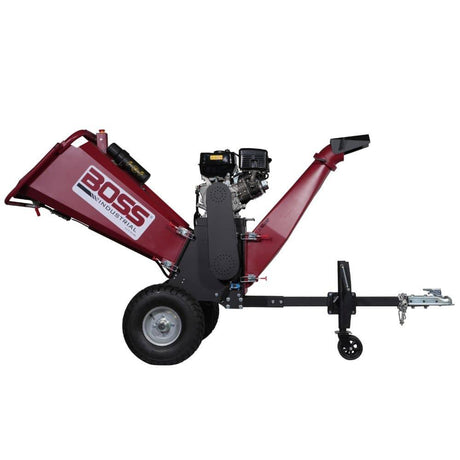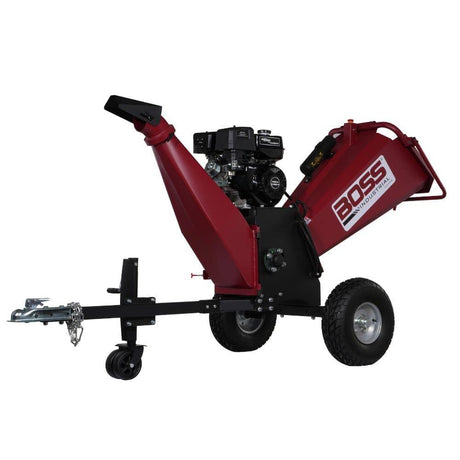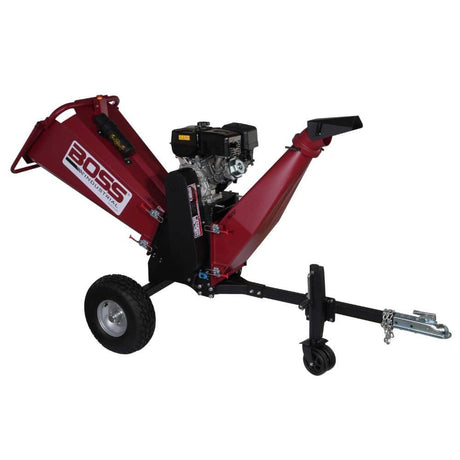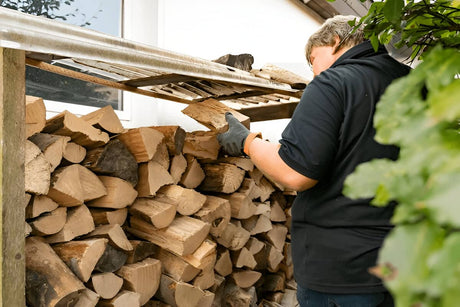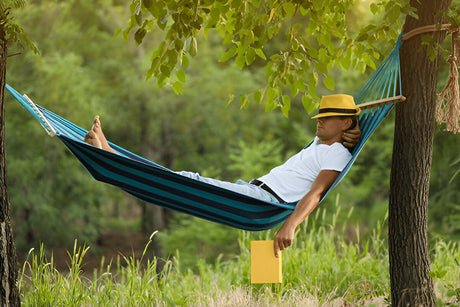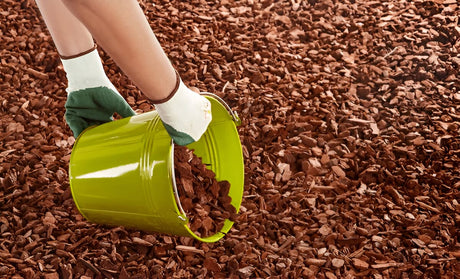Thinking of firing up your wood chipper, log splitter, or stump grinder on a Sunday morning? You might want to double-check your local noise regulations first. In many states, especially in densely populated areas, yard tool noise is more than just an annoyance-it's regulated by law.
Important: Even if your state has no rules, many cities and counties have strict time limits or decibel caps. Always check your zip code before firing up a loud machine.
This guide breaks down state-by-state noise restrictions (where they exist) for outdoor power tools, so you can stay compliant and avoid complaints.
Quick tip: Planning a big yard cleanup? Do it mid-morning to mid-afternoon—that’s when you’re least likely to bother neighbors or break local rules.
If you want detailed decibel comparisons, check out our noise levels of yard tools compared to see which machines are easier on your ears.
Key Takeaways
- ✅ Only a handful of states have clear, enforceable regulations; most defer to city or county ordinances.
- 🕒 Time-of-day restrictions are the most common form of regulation (e.g., no loud tools before 8 AM).
- 📏 Decibel limits vary-from strict 55 dB caps (Colorado) to more lenient 85 dB thresholds (Texas).
- 🔌 Gas-powered tools are increasingly targeted, especially in California, Oregon, and Washington.
State-by-State Noise Regulation Table for Yard Tools
Here's a side-by-side comparison of noise rules for outdoor equipment across the U.S. States with confirmed regulations or known city-level restrictions are marked ✅.
| State | Regulation | Details |
|---|---|---|
| Alabama (AL) | ❌ | No specific statewide regulation; check local ordinances |
| Alaska (AK) | ❌ | No specific statewide regulation; check local ordinances |
| Arizona (AZ) | ❌ | No specific statewide regulation; check local ordinances |
| Arkansas (AR) | ❌ | No specific statewide regulation; check local ordinances |
| California (CA) | ✅ | Multiple local bans/restrictions on gas-powered tools; noise-based enforcement |
| Colorado (CO) | ✅ | Residential noise limit of 55 dB; stricter than average |
| Connecticut (CT) | ❌ | No specific statewide regulation; check local ordinances |
| Delaware (DE) | ❌ | No specific statewide regulation; check local ordinances |
| Florida (FL) | ✅ | Local regulations restrict hours for yard equipment (e.g., 7 AM–10 PM in Miami) |
| Georgia (GA) | ❌ | No specific statewide regulation; check local ordinances |
| Hawaii (HI) | ❌ | No specific statewide regulation; check local ordinances |
| Idaho (ID) | ❌ | No specific statewide regulation; check local ordinances |
| Illinois (IL) | ✅ | Chicago: Power tool use restricted to 8 AM–8 PM with 80 dB max |
| Indiana (IN) | ❌ | No specific statewide regulation; check local ordinances |
| Iowa (IA) | ❌ | No specific statewide regulation; check local ordinances |
| Kansas (KS) | ❌ | No specific statewide regulation; check local ordinances |
| Kentucky (KY) | ❌ | No specific statewide regulation; check local ordinances |
| Louisiana (LA) | ❌ | No specific statewide regulation; check local ordinances |
| Maine (ME) | ❌ | No specific statewide regulation; check local ordinances |
| Maryland (MD) | ❌ | No specific statewide regulation; check local ordinances |
| Massachusetts (MA) | ✅ | 75 dBA max in Quincy (8 AM–5 PM); subjective limits in Boston |
| Michigan (MI) | ❌ | No specific statewide regulation; check local ordinances |
| Minnesota (MN) | ❌ | No specific statewide regulation; check local ordinances |
| Mississippi (MS) | ❌ | No specific statewide regulation; check local ordinances |
| Missouri (MO) | ❌ | No specific statewide regulation; check local ordinances |
| Montana (MT) | ❌ | No specific statewide regulation; check local ordinances |
| Nebraska (NE) | ❌ | No specific statewide regulation; check local ordinances |
| Nevada (NV) | ❌ | No specific statewide regulation; check local ordinances |
| New Hampshire (NH) | ❌ | No specific statewide regulation; check local ordinances |
| New Jersey (NJ) | ❌ | No specific statewide regulation; check local ordinances |
| New Mexico (NM) | ✅ | Albuquerque requires tools to be 500+ feet from residences or use mitigation |
| New York (NY) | ✅ | City-specific laws; NYC bans use of noisy lawn tools before 8 AM |
| North Carolina (NC) | ❌ | No specific statewide regulation; check local ordinances |
| North Dakota (ND) | ❌ | No specific statewide regulation; check local ordinances |
| Ohio (OH) | ❌ | No specific statewide regulation; check local ordinances |
| Oklahoma (OK) | ❌ | No specific statewide regulation; check local ordinances |
| Oregon (OR) | ✅ | Portland limits outdoor tool noise at property lines; night curfew |
| Pennsylvania (PA) | ❌ | No specific statewide regulation; check local ordinances |
| Rhode Island (RI) | ❌ | No specific statewide regulation; check local ordinances |
| South Carolina (SC) | ❌ | No specific statewide regulation; check local ordinances |
| South Dakota (SD) | ❌ | No specific statewide regulation; check local ordinances |
| Tennessee (TN) | ❌ | No specific statewide regulation; check local ordinances |
| Texas (TX) | ✅ | 85 dB statewide limit; city limits vary (e.g., Fort Worth: 70 dB, El Paso: 65 dB) |
| Utah (UT) | ❌ | No specific statewide regulation; check local ordinances |
| Vermont (VT) | ❌ | No specific statewide regulation; check local ordinances |
| Virginia (VA) | ❌ | No specific statewide regulation; check local ordinances |
| Washington (WA) | ✅ | No specific limits; proposed bans on gas equipment |
| West Virginia (WV) | ❌ | No specific statewide regulation; check local ordinances |
| Wisconsin (WI) | ✅ | Madison limits yard tools to 88 dB(A) at 50 feet; varies by HP |
| Wyoming (WY) | ❌ | No specific statewide regulation; check local ordinances |
What This Table Shows
This table gives you a quick snapshot of:
- ✅ Whether a state has explicit noise regulations
- 📋 Whether those rules apply to yard tools specifically
- 🏙️ If not statewide, whether you need to check local city or county codes
Some states like California and Illinois have city-specific laws (e.g., LA or Chicago), while others like Colorado and Texas impose decibel limits statewide. A few areas go further-New Mexico, for instance, requires noise mitigation if operating near homes.
Variables that matter:
- Decibel limits (dBA): How loud your tool can be, usually measured at the property line.
- Hours of operation: Common limits are 8 AM-8 PM, but some cities allow earlier or later use.
- Tool type: Gas-powered tools are more likely to trigger noise complaints or fall under bans.
How to Use This Data in Real Life
Let's say you're about to run a 6.5 HP chipper in your backyard.
If you’re new to chippers, learn how they work with our What Is a Wood Chipper Machine and How Does It Work? guide to get started.
🔍 What You Should Check:
- State laws - Does your state have a hard decibel limit?
- City/county codes - If your state defers to local rules, look up your municipality's ordinance.
- Time-of-day rules - Avoid running loud tools before 8 AM or after sunset unless you know it's allowed.
🧠 Tips to Stay Out of Trouble:
- Use electric tools in noise-sensitive areas-they're much quieter.
- Keep equipment well-maintained-dull blades and clogged mufflers are louder.
- Plan work during legal hours and warn neighbors if you're doing major yard cleanup.
📦 Choosing the Right Product:
- If you live in Colorado, Madison (WI), or Portland (OR), you'll want quiet electric models under 88 dB(A).
- For rural or unregulated zones, gas-powered chippers or heavy-duty log splitters are still fair game.
For a full cost breakdown of quality outdoor gear, see our Power Yard Tool Prices by Quality Full Cost Breakdown to compare models and budgets.
Final Thoughts
Yard work shouldn't come with a fine. Noise regulations are spreading fast-especially against gas-powered outdoor tools. Understanding your state and local rules helps you pick the right equipment and avoid complaints.
When in doubt? Play it safe:
- Stick to daytime hours.
- Use quieter electric machines where needed.
- And always check your local ordinance before you start the motor.


